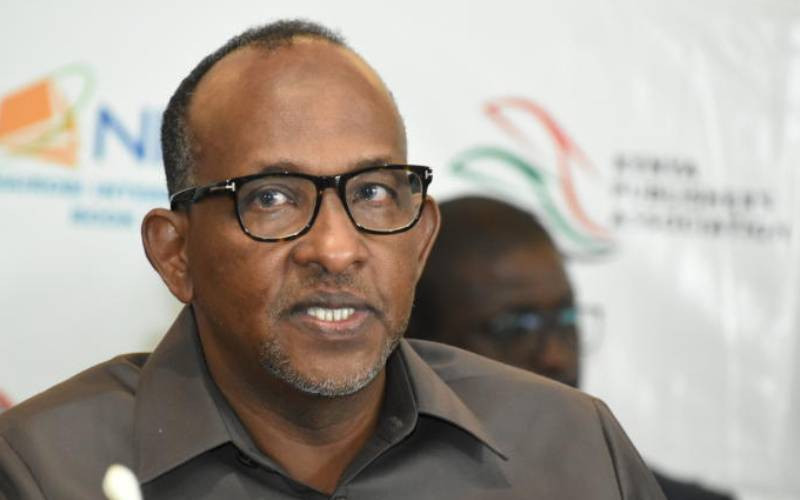April 13, 2017 saw President Uhuru Kenyatta assent to the Prevention of Torture Act 2017. Having been first drafted as the Prevention of Torture Bill 2010 by a multi-stakeholder team led by the Independent Medico-Legal Unit and the ICJ - Kenya Chapter, the seven-year journey to the new law has been arduous and painstaking. This new law is a milestone for several reasons.
First, the law now provides a clear platform to actualise several fundamental articles in the Constitution, including Article 25 with regard to freedom from torture and cruel, inhuman, or degrading treatment or punishment, Article 28 on respect and protection of human dignity, and Article 29 on freedom and security of the person.
Secondly, the new law brings all State agencies and officials under the ambit of accountability for torture and cruel, inhuman, or degrading treatment or punishment, and provides clear penalties for such atrocities. Prior to this, torture was expressly outlawed under different pieces of legislation covering only members of the National Police Service, the National Intelligence Service, and the Kenya Defence Forces. Other law enforcement agencies that have historically and more recently been increasingly involved in perpetuating torture and cruel, inhuman, or degrading treatment or punishment such as council askaris, the Kenya Wildlife Service, and the Kenya Forest Services had no legal provisions prohibiting them from perpetuating these heinous at
Thirdly, it is important to point out that the Constitution already prohibits torture in Article 25, but it was hitherto difficult to prosecute the crime of torture because a specific law providing for penalties had not been enacted. Under this new law those perpetuating torture and ill-treatment will no longer be charged with such crimes as assault but with the more serious crime of torture or ill-treatment that will now attract a sentence of not more than 25 years and 15 years respectively.
Fourthly, the new law provides for redress and reparations, as provided for under the UN Convention against Torture, the African Charter on Human and Peoples Rights, and the Victims Protection Act 2014. This will include compensation as well as medical and psycho-social rehabilitation. The new law also protects police and other law enforcement against illegal orders from their superiors. [Peter Kiama, Executive Director, Independent Medico-Legal Unit]
 The Standard Group Plc is a
multi-media organization with investments in media platforms spanning newspaper
print operations, television, radio broadcasting, digital and online services. The
Standard Group is recognized as a leading multi-media house in Kenya with a key
influence in matters of national and international interest.
The Standard Group Plc is a
multi-media organization with investments in media platforms spanning newspaper
print operations, television, radio broadcasting, digital and online services. The
Standard Group is recognized as a leading multi-media house in Kenya with a key
influence in matters of national and international interest.
 The Standard Group Plc is a
multi-media organization with investments in media platforms spanning newspaper
print operations, television, radio broadcasting, digital and online services. The
Standard Group is recognized as a leading multi-media house in Kenya with a key
influence in matters of national and international interest.
The Standard Group Plc is a
multi-media organization with investments in media platforms spanning newspaper
print operations, television, radio broadcasting, digital and online services. The
Standard Group is recognized as a leading multi-media house in Kenya with a key
influence in matters of national and international interest.






